Unlike corporate chains, food co-ops are totally independent and owned by the people in their communities, who value healthy, delicious food that’s good for everyone. Everyone is welcome to shop and eat at food co-ops even if they are not a member. And everyone is welcome to join a co-op and enjoy the benefits of being an owner. Typically, food co-ops offer more local and organic products, produce less waste, maintain higher standards of quality, and have an even distribution of power.
Communities all over the U.S. are embracing food co-ops to positively impact the national food system and grow the cooperative economy in an inclusive and environmentally regenerative manner.
Every co-op is unique as it reflects the community it serves. From New York City’s 4th Street Food Co-op, to the Co-op Market Grocery and Deli in Fairbanks, Alaska, to the brand new Bethlehem Food Co-op opening next year in Bethlehem, PA (disclaimer, Crate Free USA’s Executive Director now lives in Bethlehem), co-ops are on the rise!
Some have thousands of members and have been around for decades (there were thousands of co-ops in the 1950s!), while others are just getting started. Based in the far northwest suburbs of Chicago in Woodstock, Il, the new Food Shed Co-op will be opening in early 2024. We caught up with Sue Jensen, its community outreach director to learn more about this new co-op and how you can be a part of it.
Explain to our readers how a co-op works … what are the guiding principles?
Cooperatives are member-owned, member-governed businesses that operate for the benefit of their members according to common principles agreed upon by the international cooperative community.
The Food Shed Co-op requires its owners to purchase two equity shares in the business for a total of $200 in equity participation. Anyone can be an owner.
An important note, anyone is welcome to shop at the store and can enjoy the same low prices regardless of if they are an owner or not.
Common principles guide co-ops. They are:
-
-
- Voluntary and open membership
- Democratic member control
- Member economic participation
- Autonomy and independence
- Education, training, and information
- Cooperation among cooperatives
- Concern for the community
- Diversity, equity, and inclusion
-
Give a little history – what led to the idea of opening this co-op, who was involved, what were the drivers, and when did the idea hatch?
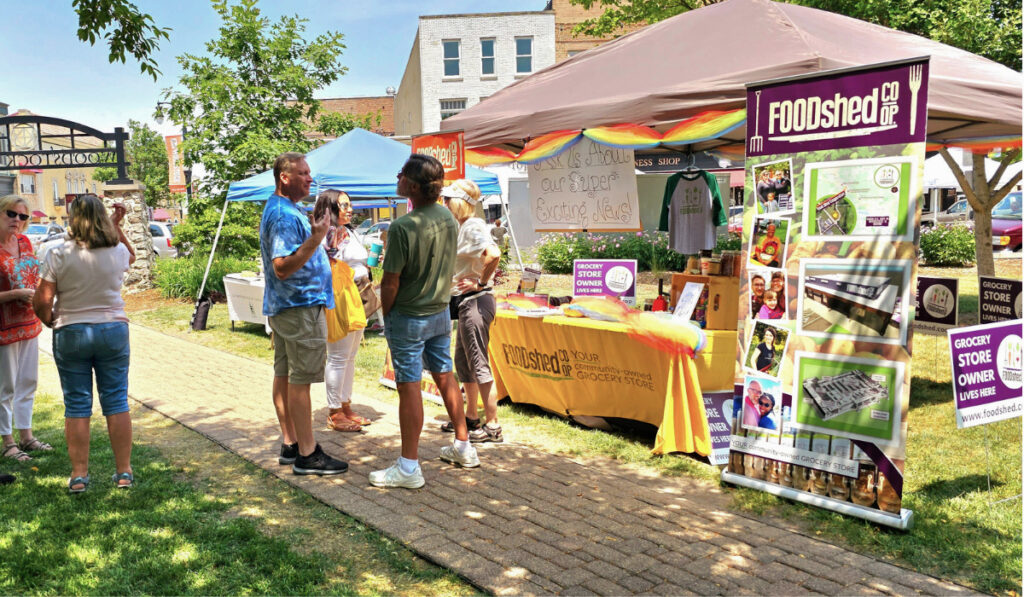
Food Shed Co-op table at the Woodstock Farmers Market
Scott Brix, our first owner, had visited several co-ops in other places and decided it would be nice to have a food co-op in McHenry County. He began to have conversations with family and friends as early as 2010. In February 2013, a small group came together for the first time, and a steering team was quickly formed. The business was incorporated in 2014 and spent most of the last ten years organizing and planning.
What have been some of the bigger challenges and pleasant surprises?
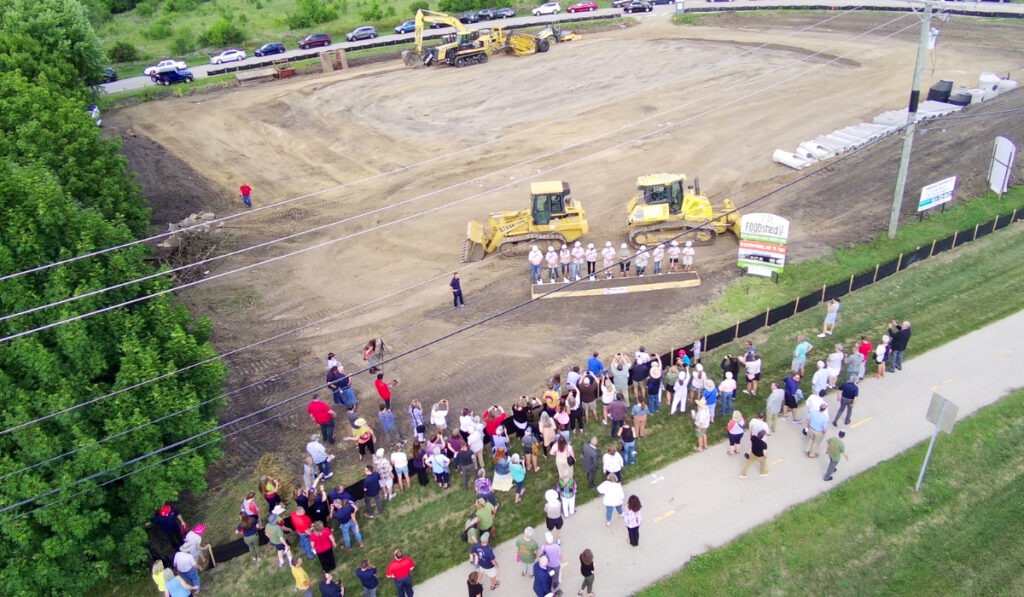
Aerial view of Food Shed ground breaking.
It was a challenge finding the right site for the store. It was determined that the Highway 14 corridor, encompassing Crystal Lake and Woodstock, was ideal. We have since acquired the adjacent land. We celebrated our official groundbreaking on July 18, 2023.
One great surprise was learning that co-ops love helping other co-ops. We are friends with the existing co-ops in our region and several other startups around the Chicagoland area.
What kind of need do you see in the area for a co-op … is there anything similar?
We are filling the need for a community-owned and controlled grocery store open to the public. We will stock our store by prioritizing local suppliers whenever possible. We are here to be a place to gather, shop and nourish our family of community members. We contribute to our community with access to affordable quality food and are committed to teaching people about the foods they eat.
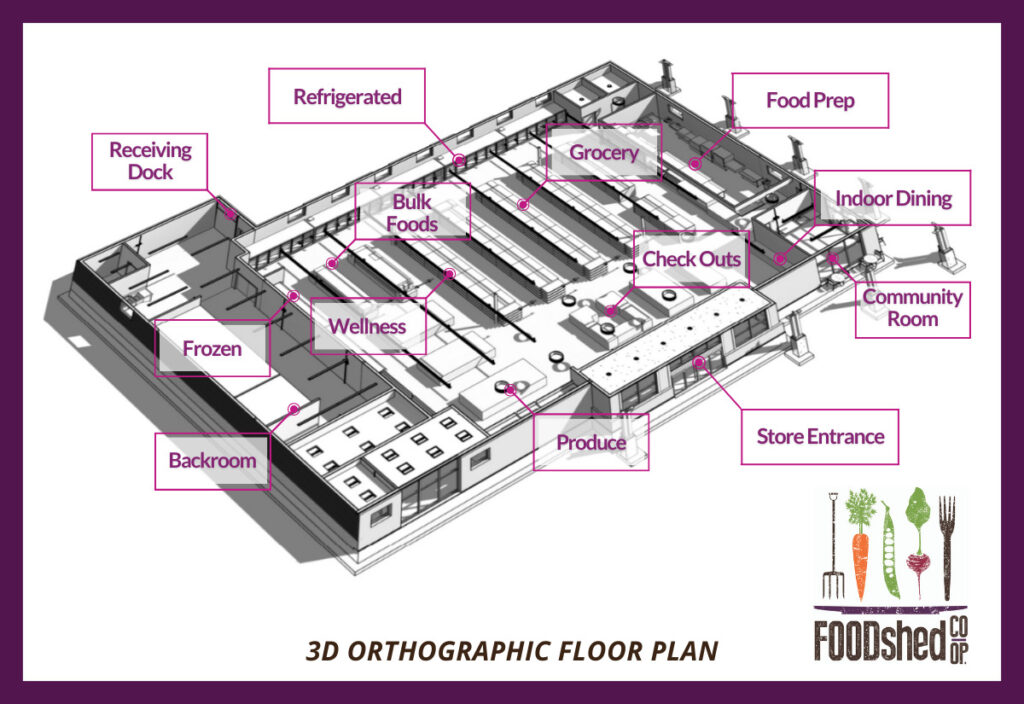
Food Shed Co-op Floor Plan
We will provide a store, open seven days a week, that residents can visit to buy locally grown and produced food. We will be able to work with small producers. The increasing popularity of local farmers’ markets indicates that people want more access to food grown locally. We plan to educate customers, through classes and printed materials, on how to use particular, inexpensive ingredients to prepare nutritious meals at home to feed an entire family on a budget.
Our landscaping plan consists of two bioswales planted with native plants that will filter rainwater run-off, a pollinator garden, two car charging stations, and direct access to the Ridgefield Trace bike path. We want to be a model for other businesses and help educate consumers on making more sustainable choices in their homes.
How will it benefit the community in terms of food equity, supporting local farmers, keeping the money in the community?
Prices will be competitive; one of our priorities is to increase access to healthy food for people who traditionally do not buy it because of cost. In addition, the Food Shed will take Supplemental Nutrition Assistance Program (SNAP) cards, increasing access for low-income customers.
We have already developed relationships with many local farmers. We have well over 300 potential vendors on our supplier list, collected when suppliers used our online form to show their interest.
What kind of food will you sell … all locally grown?
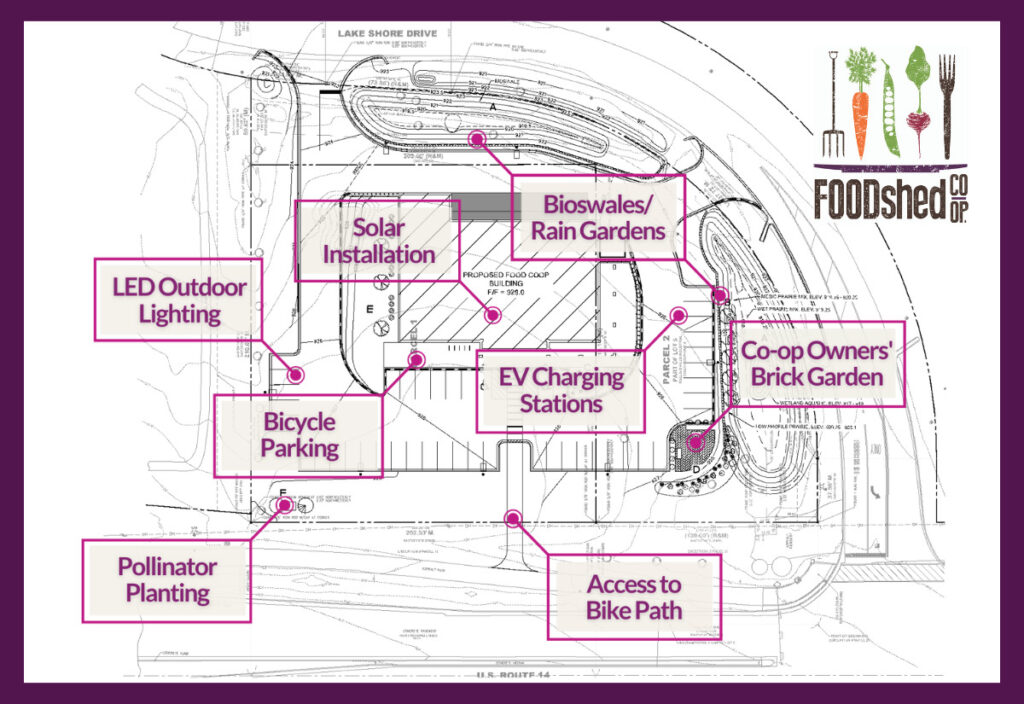
Food Shed Co-op Sustainable Initiatives
The Food Shed will emphasize locally grown foods using sustainable practices. In addition to local suppliers, it has identified a national vendor group that will supply much of its products.
What do you hope most to come out of this endeavor … what are you looking forward to the most?
We will sell groceries, but more than that, we will be a community hub. We look forward to and plan to deliver: selling fresh food from local farmers, keeping profits in the local community, clearly labeling all of our products, providing healthy, natural food and meals for families, educating the community about healthy living, and giving back to the community.
When is the grand opening, and how do people join or shop there?
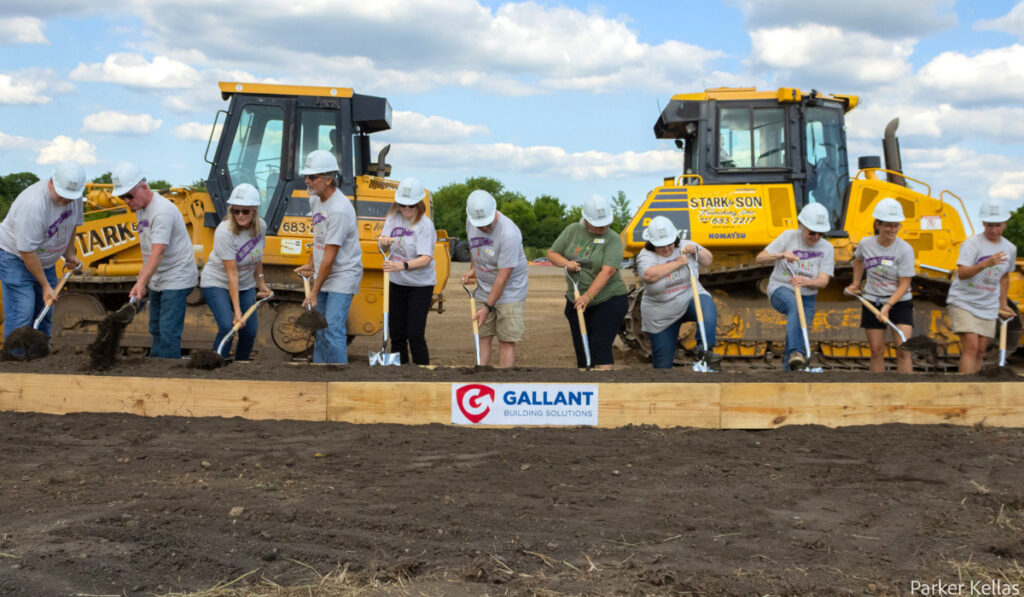
Food Shed Co-op Board Members Officially Breaking Ground on July 18, 2023
Store construction started in July and is projected to be completed in early 2024. Our Grand Opening will be planned soon after that.
If readers are interested in learning more about the Food Shed Co-op or becoming an owner, they should visit our website or contact us at info@foodshed.coop.
Once open, we hope everyone will stop in and check out what sets us apart.
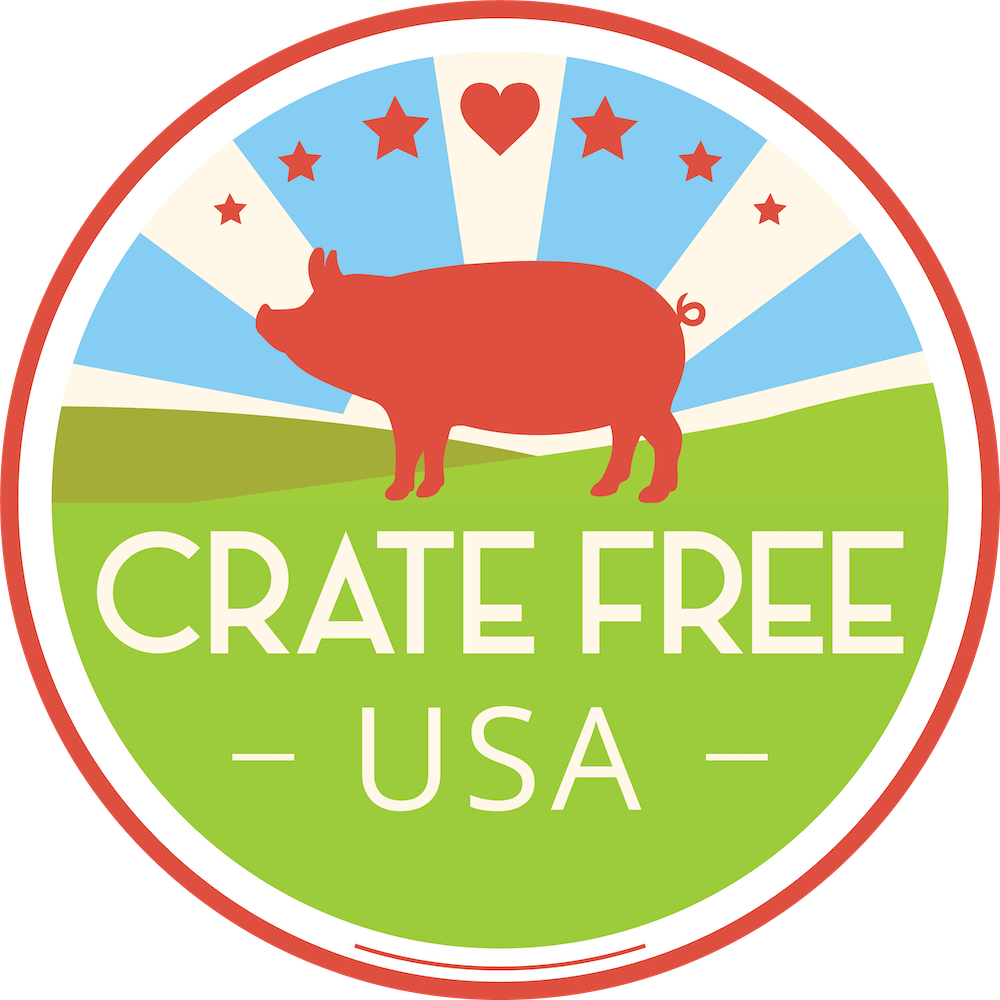
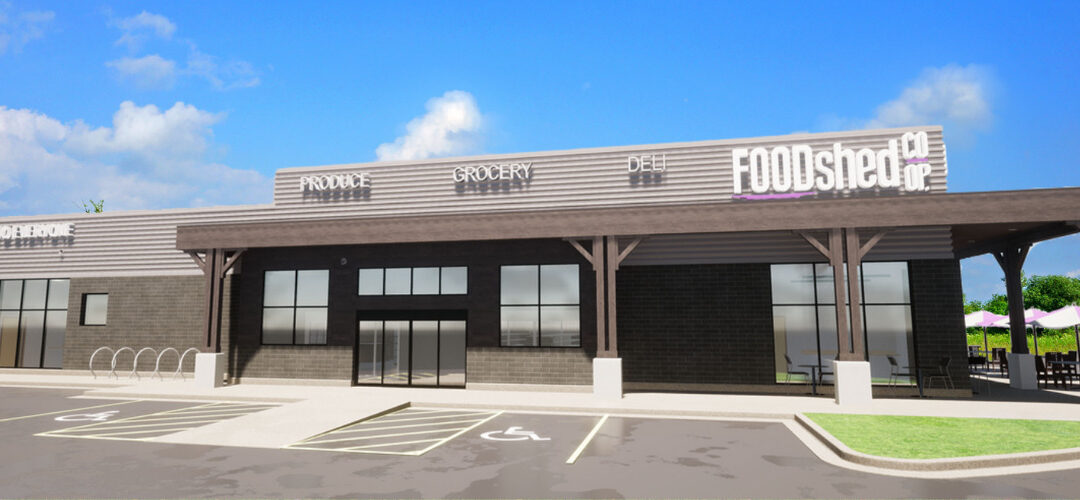
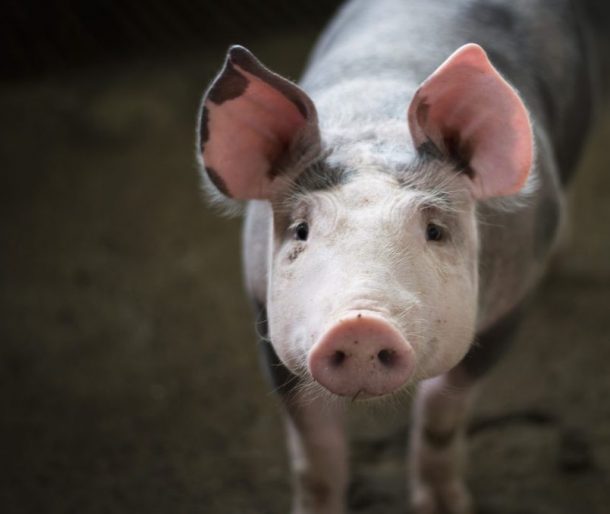
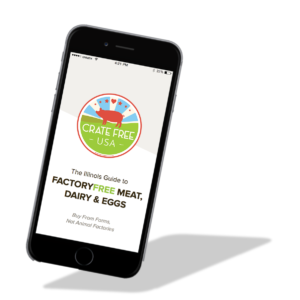
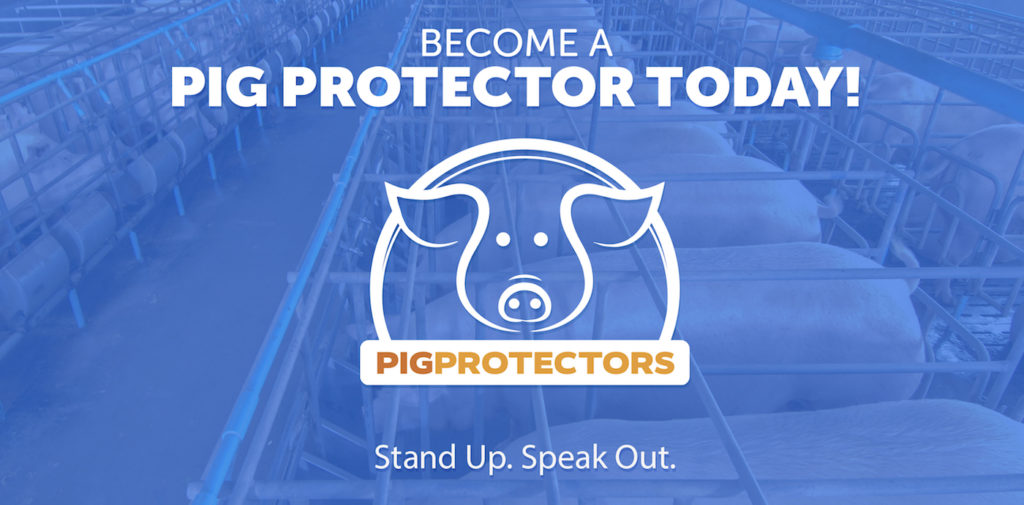
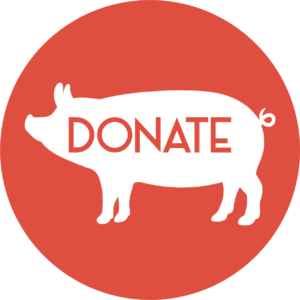
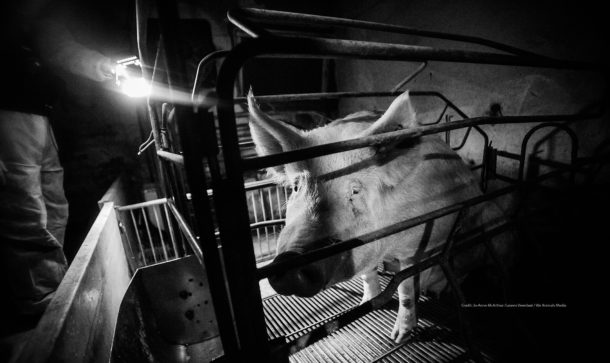
I am very interested
I am a retired nurse looking for work would love to help establish your coop. I am familiar with coops in Milwaukee and California.